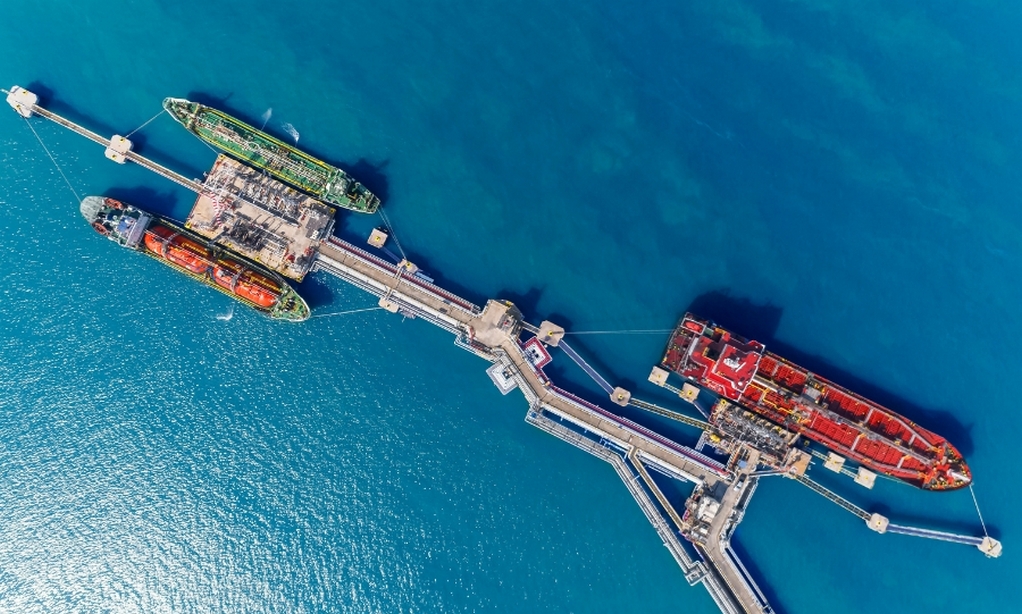Fingerprinting can be used to verify the validity of biofuels and detect fraud in marine fuel supply chains. It also identifies the feedstock origins of FAME-based biofuels used in the shipping industry. A new method that generates a fingerprint for Fatty Acid Methyl Esters (FAME) bio bunker fuels was presented in the most recent paper from the Global Centre for Maritime Decarbonization (GCMD) on Monday, December 2.
The feedstock origins of the FAME-based biofuels utilized in the shipping sector are identified by this fingerprint. As the maritime industry uses biofuels like FAME more and more to cut its greenhouse gas emissions, GCMD stated that FAME fingerprinting is necessary. As a result, questions have been raised about the validity of biofuels and their sustainability.
Biofuels that are supposed to be made from recycled oils and fats are increasingly being mislabeled by industry associations, and there are still concerns that they may be made from less sustainable and less expensive virgin oils.
The foundation of FAME fingerprinting is the idea that feedstock transesterification can maintain the fatty acid profile of FAME, which is specific to its feedstock. The origin of the feedstock can then be determined by comparing the “fingerprint” to a database of recognized fatty acid profiles.
In order to do sample analyses utilizing a gas chromatograph with flame-ionization detection—an apparatus frequently seen in fuel test laboratories—GCMD collaborated with VPS, who adjusted the current fuel testing procedures. The study takes roughly an hour, which is about the same amount of time as the supply chain’s existing marine fuel quality testing.
Tags: Bio Bunker, FAME, GCMD



Recent Posts
Hyundai Glovis to Retrofit Seven PCTCs with Avikus AI Navigation System
Super Terminais orders three more Konecranes Gottwald ESP.10 Mobile Harbor cranes
Covestro and HGK Shipping Extend Partnership to 2040 with Focus on Wind-Assisted Vessel Retrofit
Artemis Technologies Successfully Demonstrates 100 Percent Electric Crew Transfer Vessel at Aberdeen Offshore Wind Farm
IACS Council Advances Decarbonisation, Digitalisation and Governance Priorities at C91 Meeting in Beijing
Japan Launches Major R&D Project to Advance Shipbuilding with Alternative Fuels
EU Adopts Emissions Standards for Low Carbon Hydrogen to Bolster Clean Energy Market
Trafigura to Implement ZeroNorth’s AI Platform Across Global Fleet